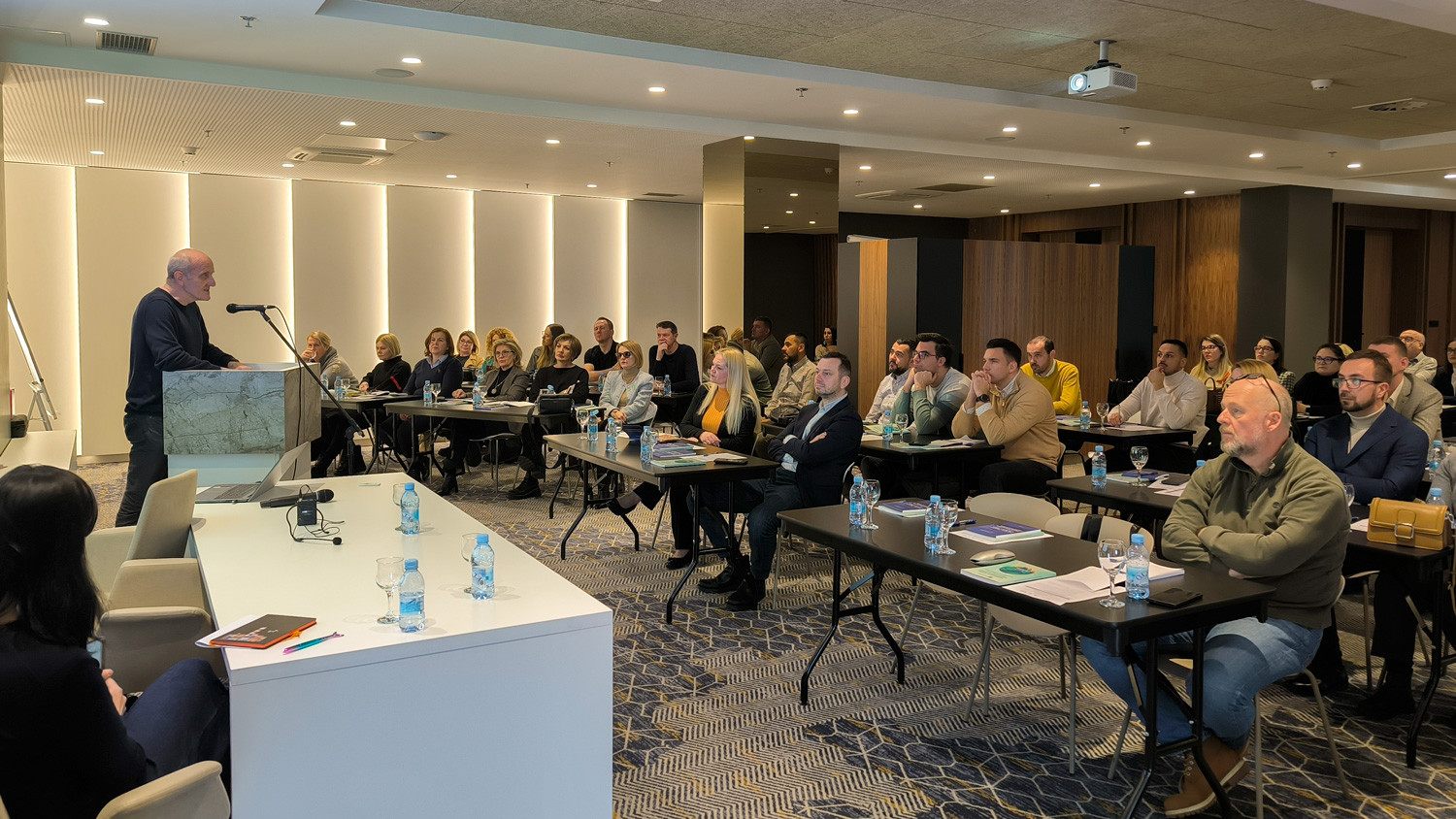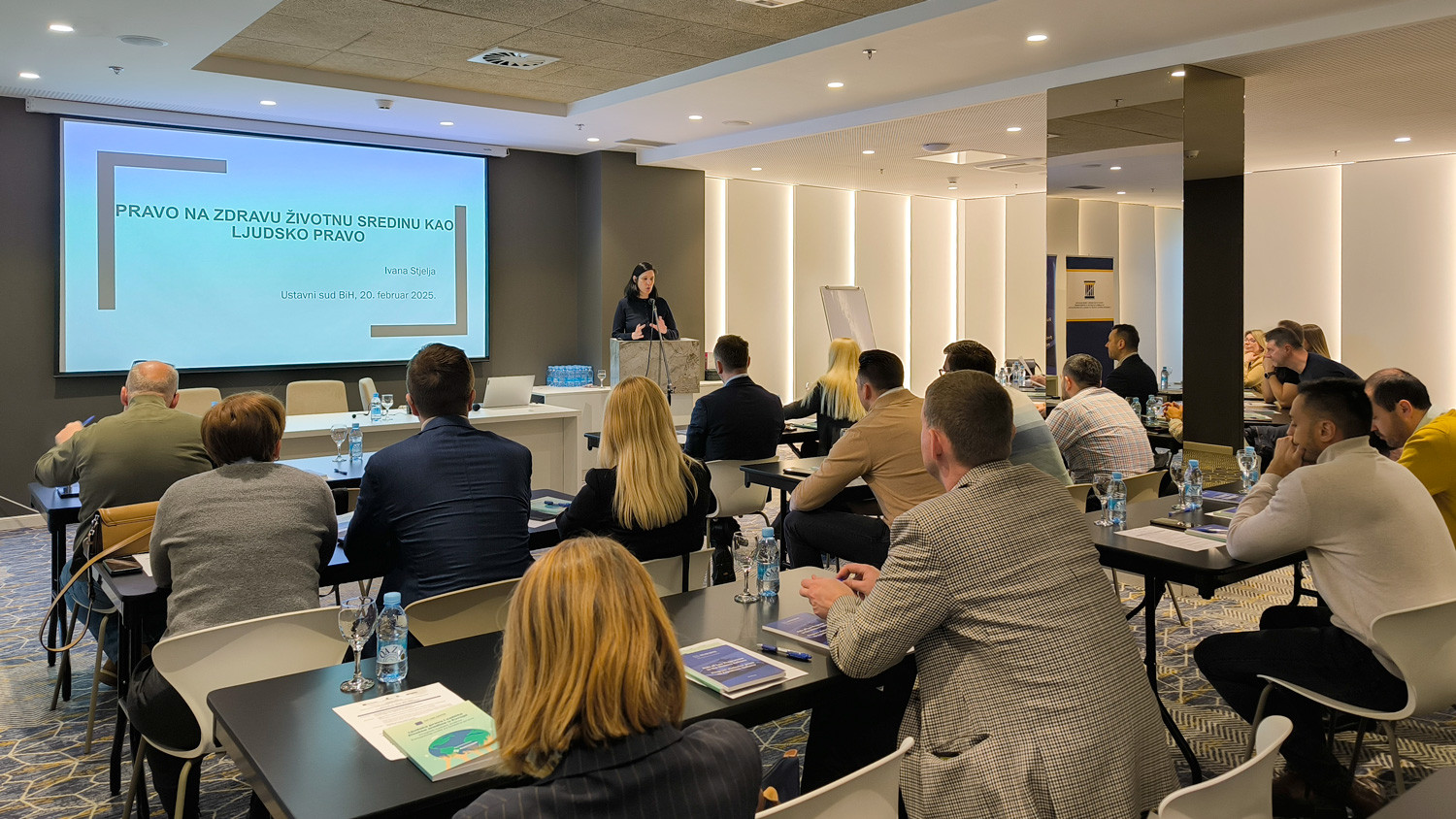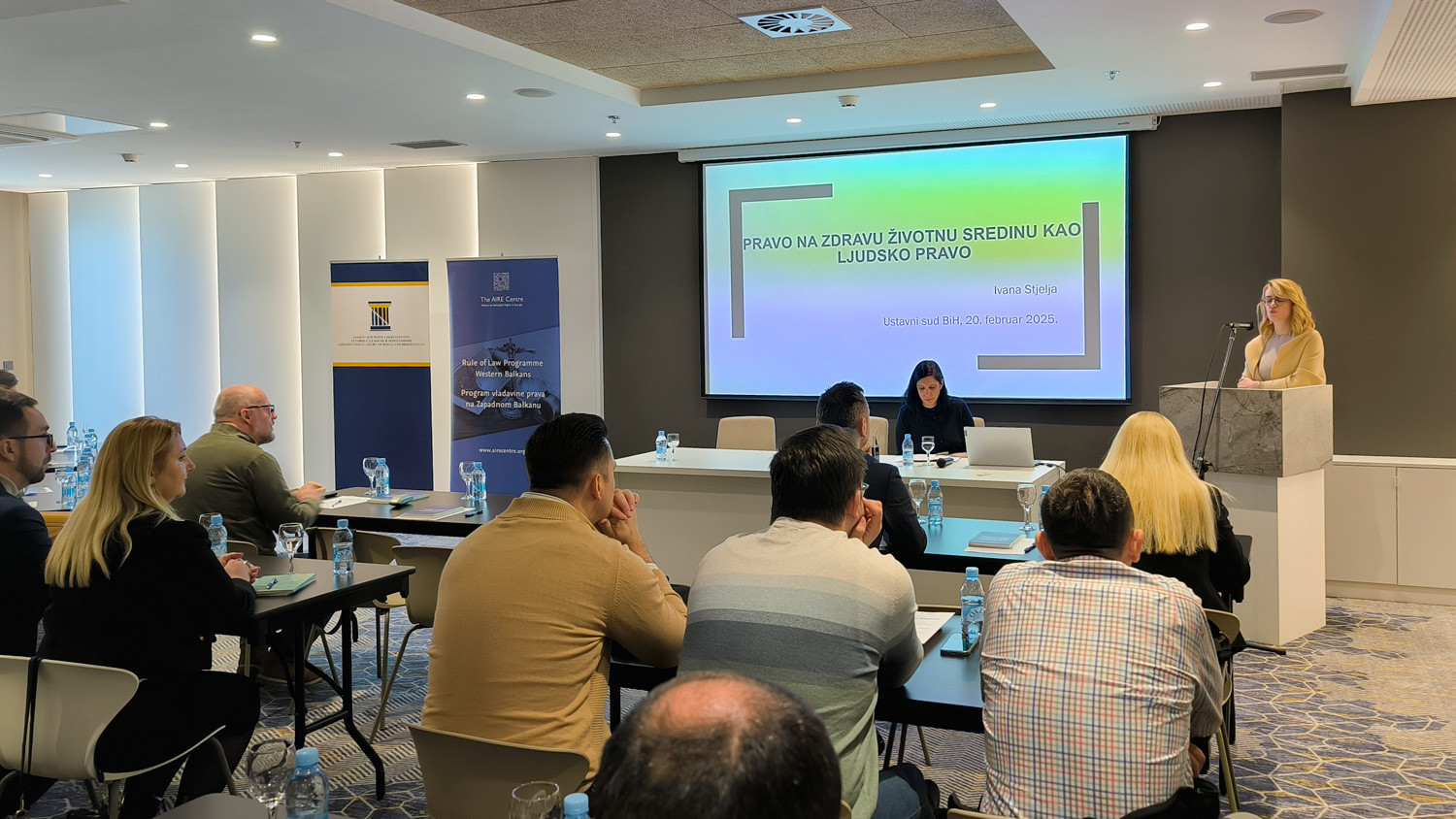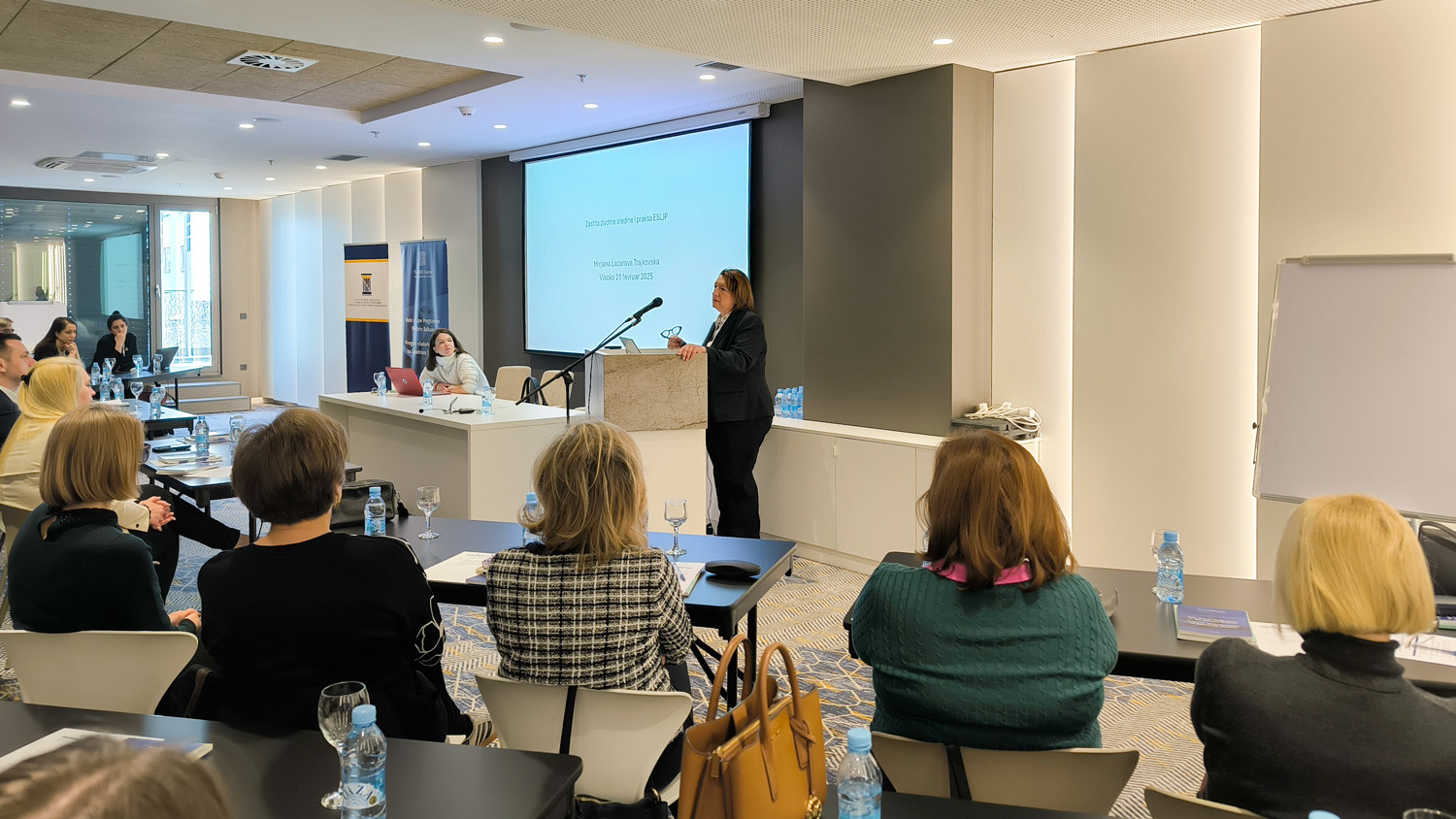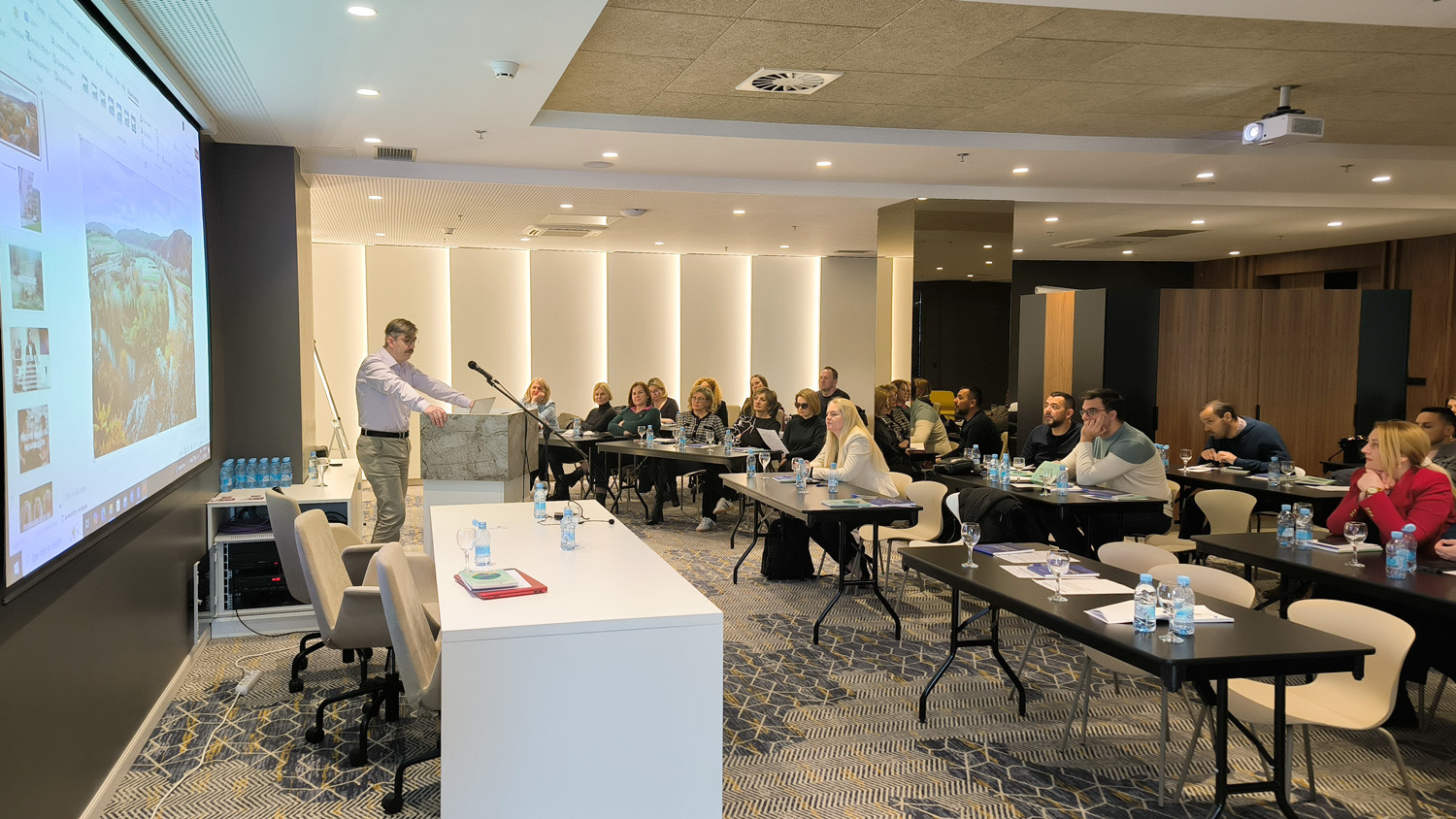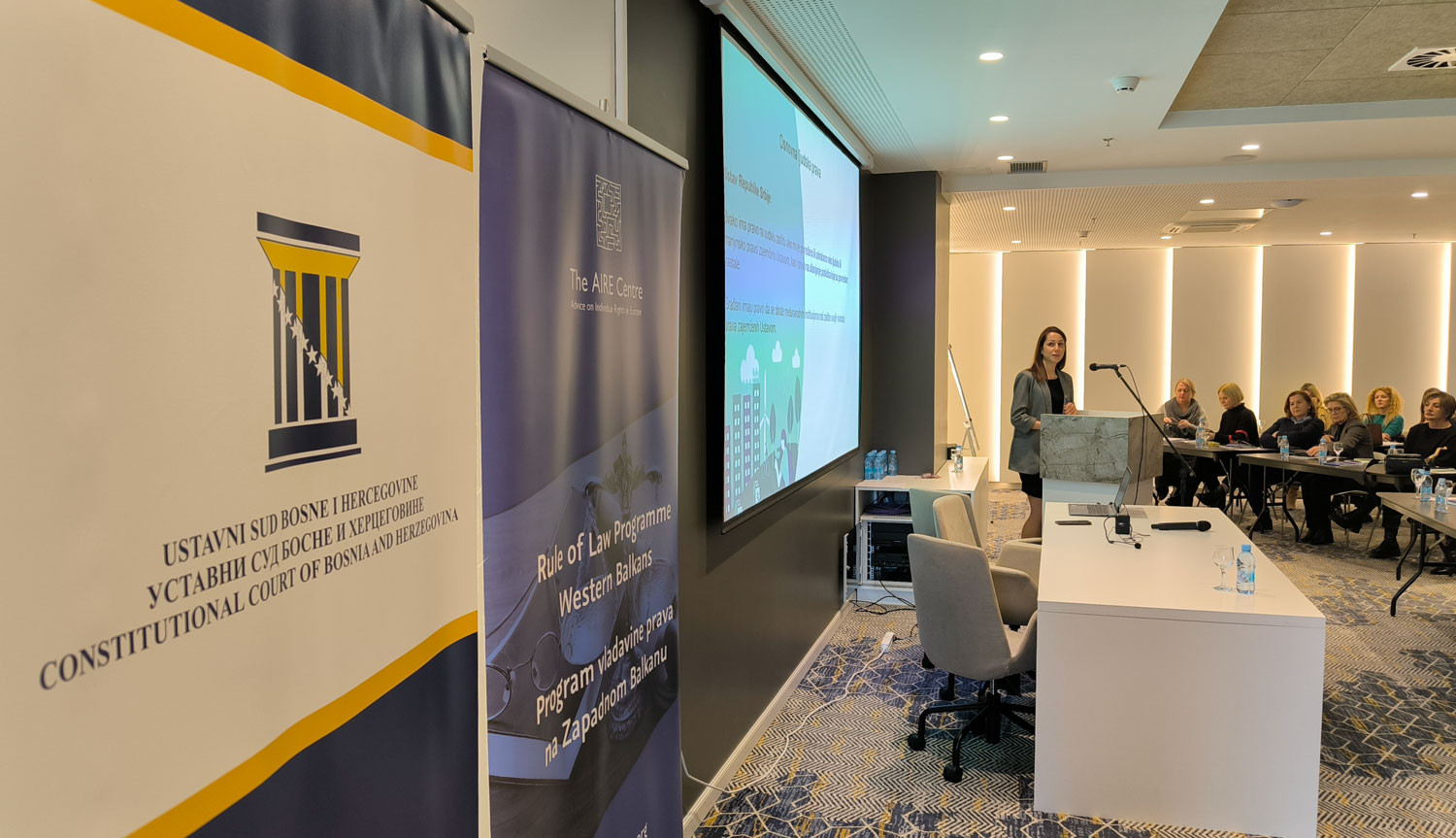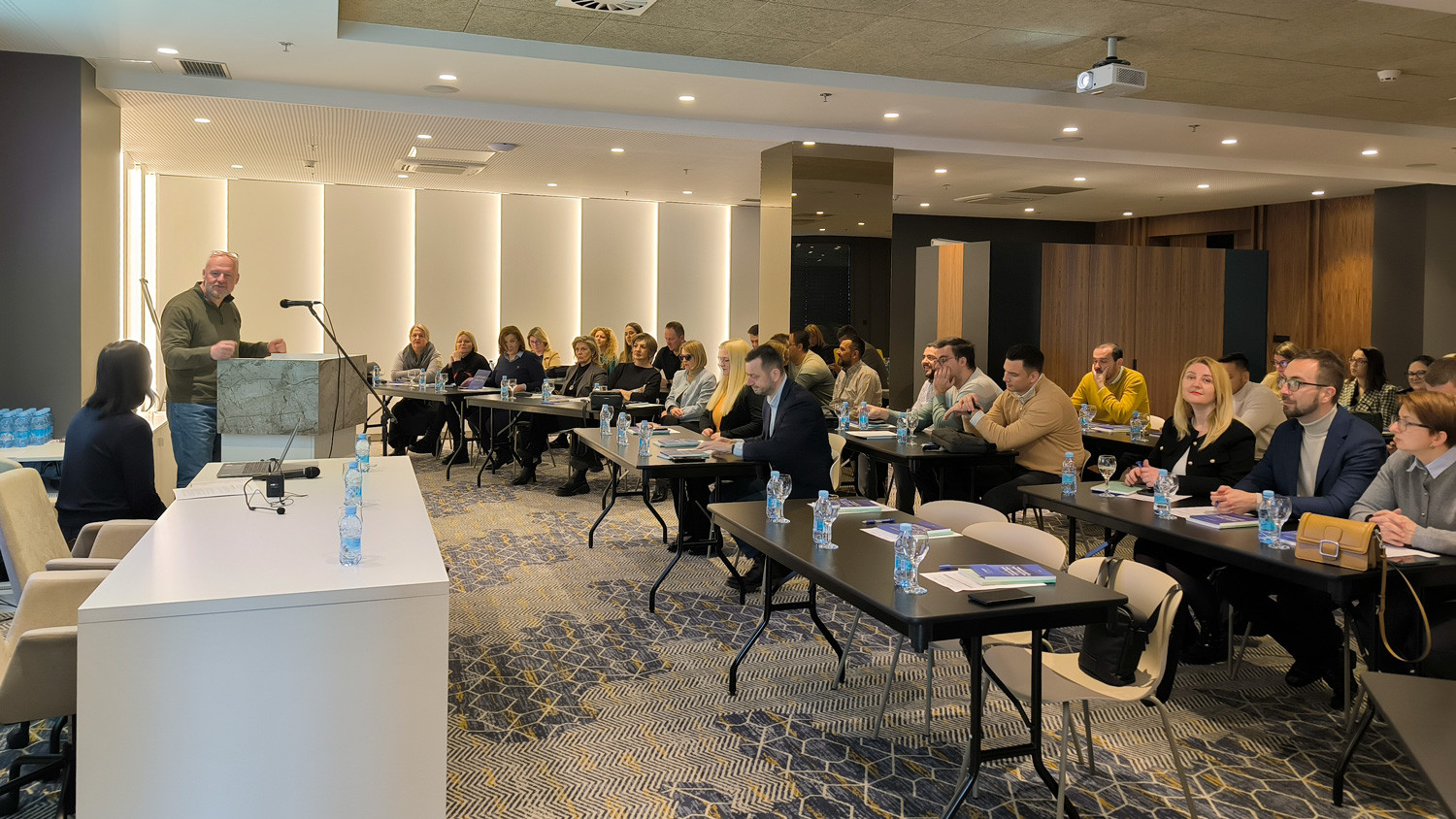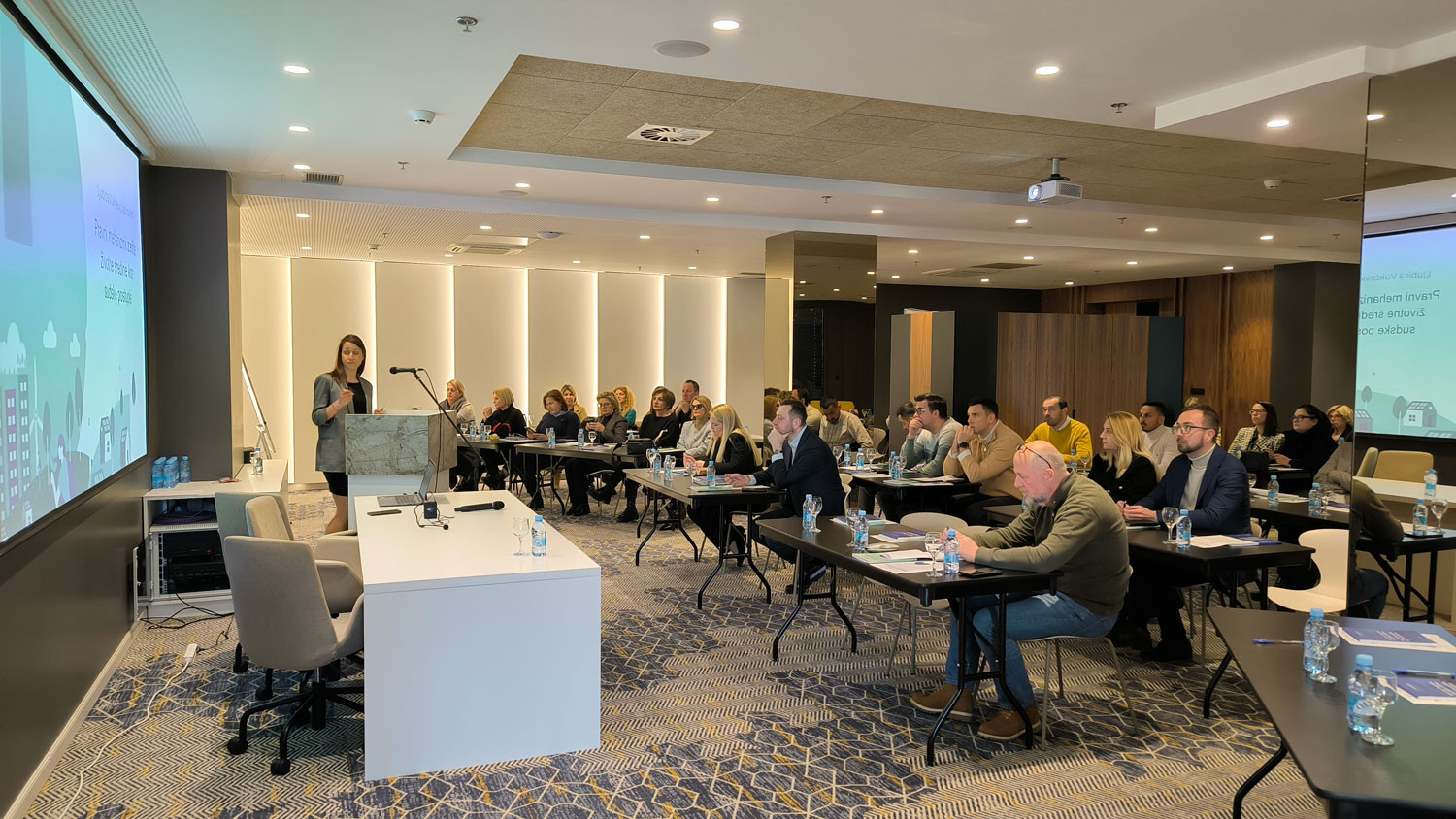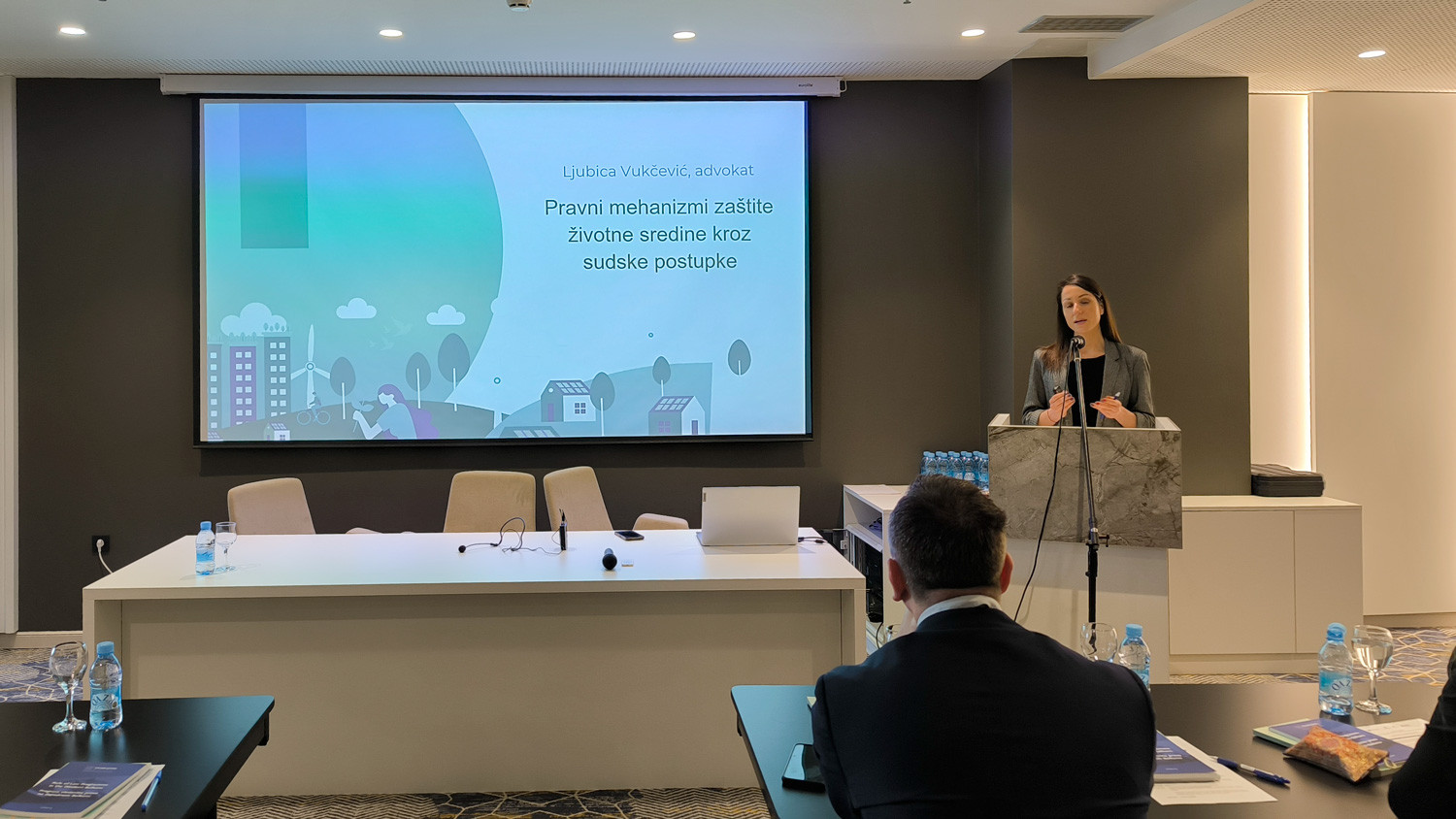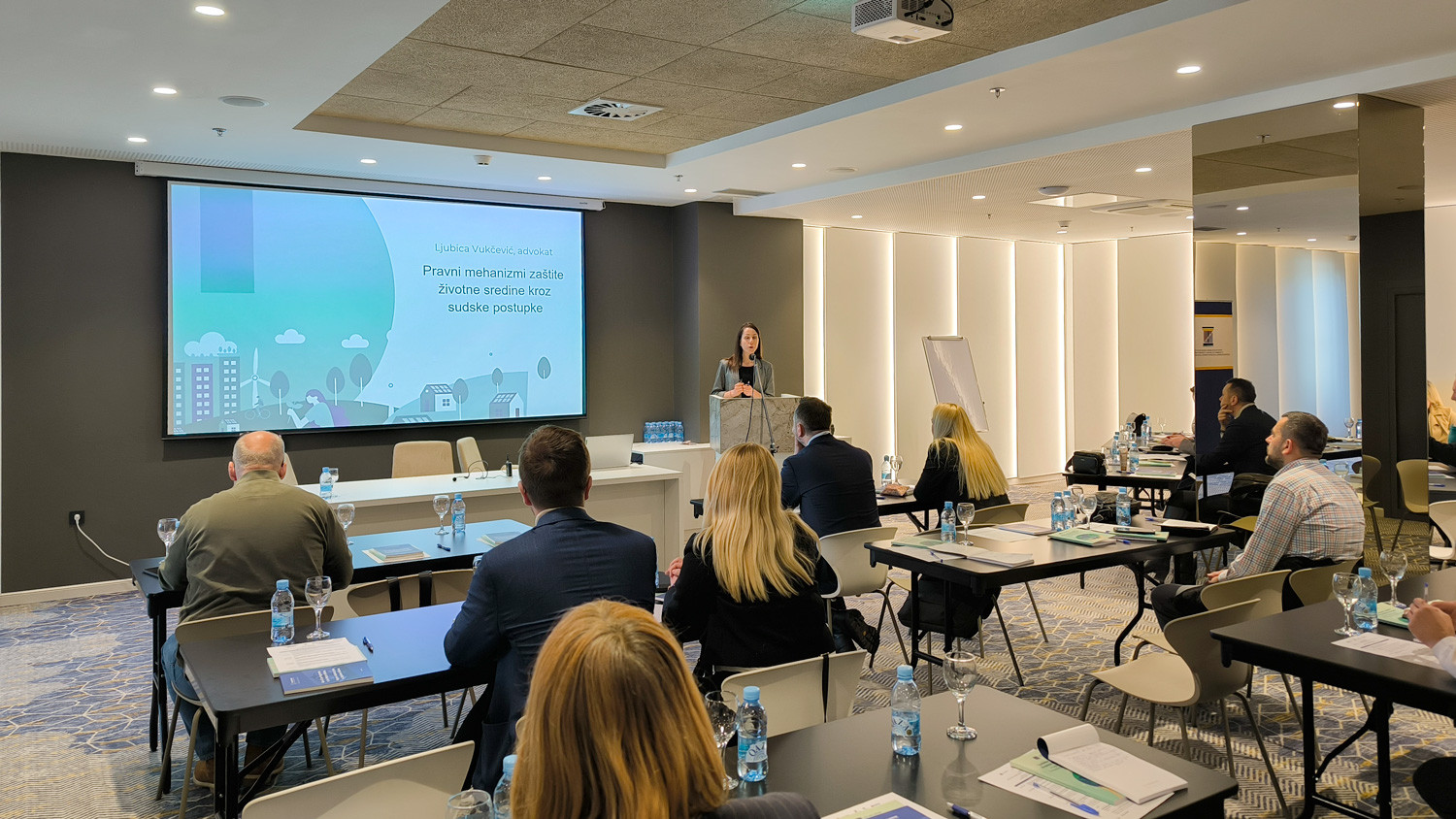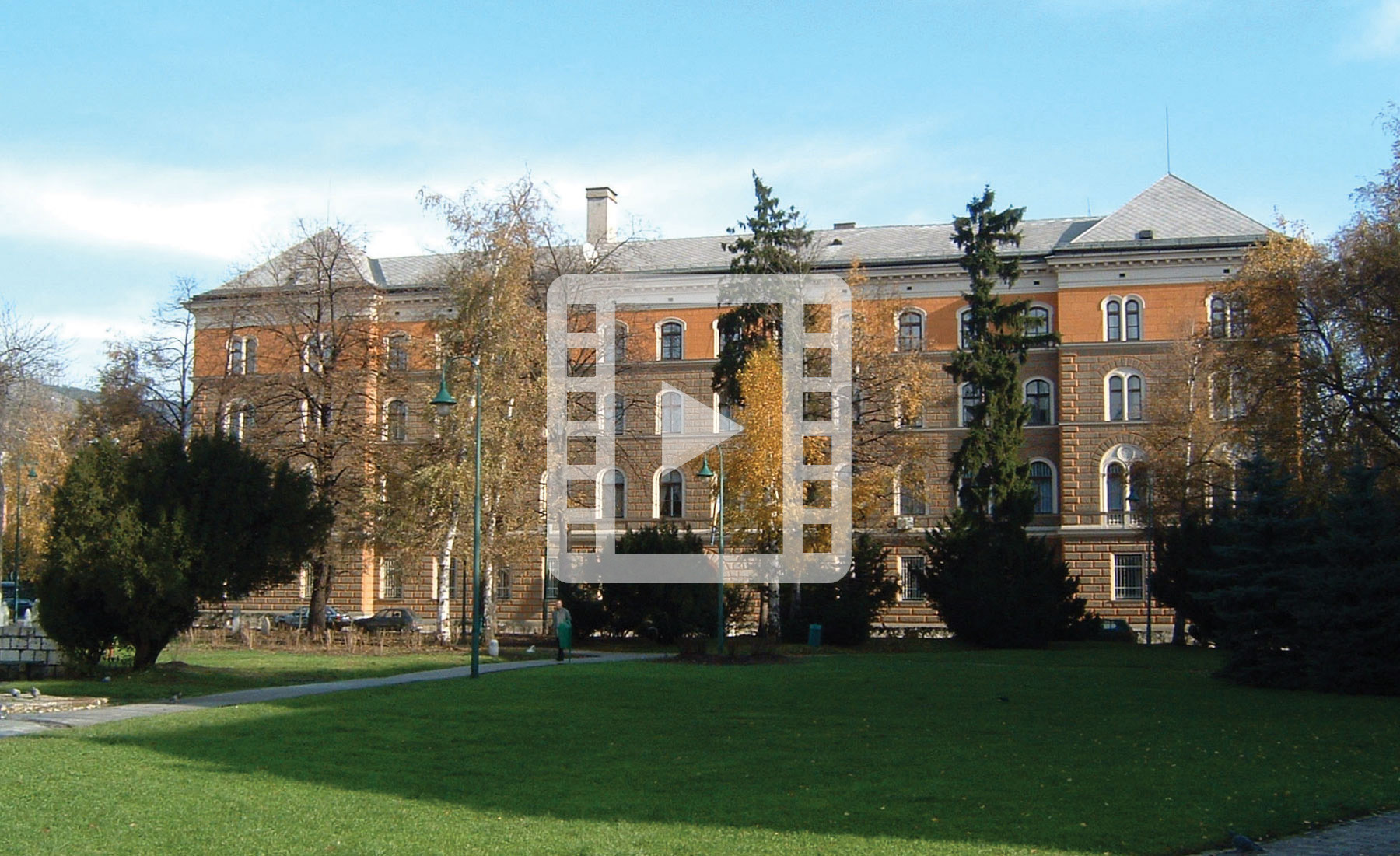On 20 and 21 February 2025, the Constitutional Court of Bosnia and Herzegovina, in cooperation with the AIRE Centre and with the support of the Government of the United Kingdom, has organized a professional seminar in Visoko on the topic "Environmental Protection with a Focus on the Case Law of the European Court of Human Rights".
Hasan Mujagić, the Acting Registrar of the Constitutional Court of BiH opened the seminar and emphasized the importance of environmental protection in the context of human rights. He pointed out that "the right to a healthy environment is becoming more and more present in legal discussions, at both the international and national level. Given that the European Court of Human Rights, through its case law, increasingly recognizes the connection between environmental issues and human rights, it is extremely important for judicial authorities in Bosnia and Herzegovina and across the region to become familiar with relevant court decisions and legal standards. The Constitutional Court of BiH has been following development of legal discussions in this field in order to ensure effective protection of citizens' rights".
Azra Bećirović, a representative of the AIRE Centre, who worked on the publication titled Human Rights and Environmental Protection in Europe – A Review of the Case Law of the European Court of Human Rights, commented on the importance of legal instruments in environmental protection and said “this publication provides an overview of key decisions of the ECtHR related to environmental protection and is a valuable resource for lawyers, judges, and anyone working on this topic. Therefore, we have discussed the case law related to the right to a healthy environment and the responsibility of states to ensure effective implementation of legislation".
Mirjana Lazarova Trajkovska, a judge of the Supreme Court of the Republic of North Macedonia and former judge of the European Court of Human Rights, discussed the role of the ECtHR in environmental protection and said that "environmental protection has been included among the objectives linked to the common interest. Although no provision of the Convention is specifically designed to provide general environmental protection, the responsibility of states in this area should result in their timely intervention to ensure that the legislation enacted for environmental protection does not become ineffective. Furthermore, Protocol No. 15 to the Convention has recently incorporated the principle of subsidiarity into the preamble, which imposes shared responsibility between member states and the court for the protection of human rights".
She concluded that "national authorities and courts are required to interpret and apply domestic law in a manner that facilitates the full exercise of the rights and freedoms defined in the Convention and its Protocols. Therefore, member states of the Convention bear a positive obligation to protect the environment, which is why familiarity with the case law of the ECtHR is crucial for both judges and citizens,".
Ivana Stjelja, a lawyer and research associate at the Institute of Social Sciences in Belgrade, spoke about the right to a healthy environment in both international and national legal frameworks, as well as the public’s participation in decision-making processes concerning environmental matters and said that "everyone has the right to a healthy environment, but at the same time, each of us is under an obligation to protect it. However, those engaged in environmental protection frequently encounter various obstacles—whether due to conflicting economic interests, existing regulations that fail to ensure active participation public in environmental protection, or their inconsistent application. A healthy environment is a necessary precondition for the enjoyment of many human rights, while the exercise of specific rights—particularly the right of access to information, the right to public participation in decision-making, and the right to legal protection—is critical for the effective protection of the environment".
She concluded that "although the right to a healthy environment is not explicitly guaranteed by international human rights instruments, the case law of the ECtHR has significantly contributed to its recognition and development within the framework of human rights. Furthermore, when discussing the development of the right to a healthy environment as a human right, it is important to note that in July 2022, the UN General Assembly adopted a Resolution on a safe, clean, healthy, and sustainable environment, thereby officially declaring this right as a universal human right”.
Martina Raguž, project manager at the AIRE Centre, emphasized the importance of the initiative for this seminar coming from the Constitutional Court of BiH. She stressed that "the Constitutional Court, recognizing the relevance of this topic, decided to address it in more detail. The focus today was on standards of environmental protection, their significance for citizens' lives, and the role of the Constitutional Court in this process. Such initiatives are crucial for raising awareness in society and improving case law in this area."
The goal of the Constitutional Court of Bosnia and Herzegovina is to enable further direct exchange of experiences between the constitutional courts of the two countries through this and similar seminars, specifically by individuals directly involved in drafting decisions on appeals for judges. This includes daily familiarization and analysis of the case law of the ECtHR, as well as the case law of constitutional and ordinary courts in the region, Europe, and worldwide.

